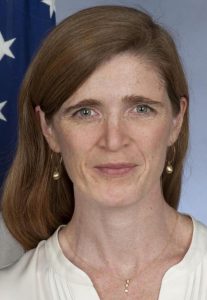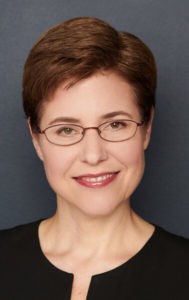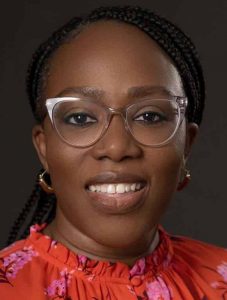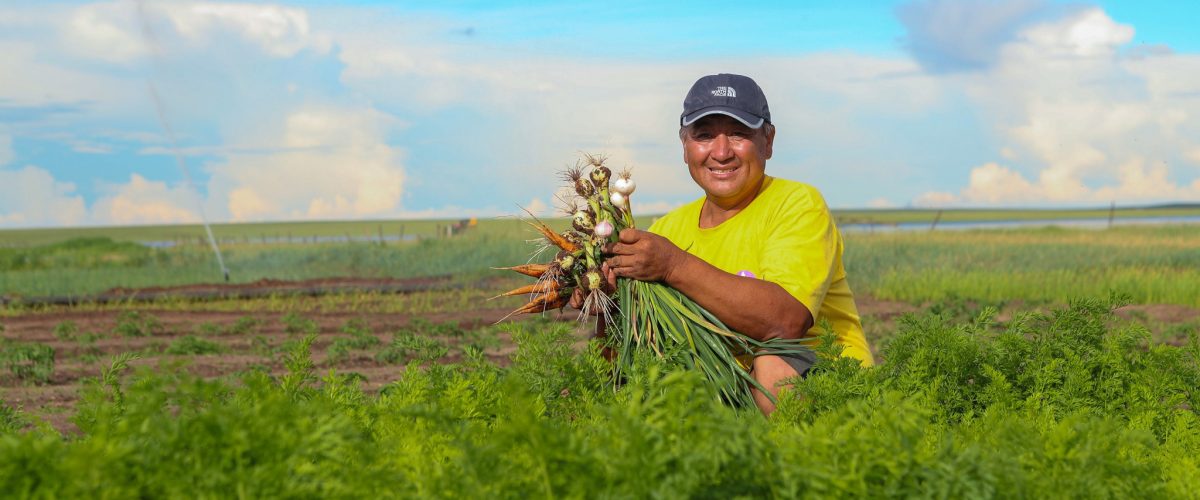The United States Agency for International Development is rolling out a new program to more comprehensively include faith-based groups in its global aid distribution initiatives.

Samantha Power
“We are leaning in through USAIDs first ever religious engagement policy, which is titled ‘Building Bridges in Development,’” agency Director Samantha Power said during a September news conference held to announce the new program. “It offers tools and principles to advance inclusive development and honor the separation of church and state in our engagement with faith-based leaders.”
The policy enables USAID personnel to partner with and empower large, medium or small religious communities and faith-based organizations to be more active in identifying local needs and solutions.
The program offers a strategic religious engagement policy to expand the scope and effectiveness of USAID as the planet’s leading international development agency, Power said. “As foreign policy leaders, as development professionals, as humanitarians, we must take religion into account. In fact, when we fail to do so, we fail to tap into one of the world’s most powerful potential forces for change.”
Through USAID missions, Power said she consistently has witnessed religious leaders function as the most trusted changemakers in their communities and watched them draw from extensive networks to respond rapidly and effectively to crises.
“Many have committed their lives to fighting for justice and caring for those with the greatest needs, grounded in the principles of their faith and living out their religious conviction in a way that uplifts humanity and inspires us all,” she said. “And when we partner with these changemakers, the results can be extraordinary.”
A similar approach has been successfully employed by the U.S. President’s Emergency Plan for AIDS Relief, a State Department initiative that has intentionally involved faith leaders and groups in providing services, combating stereotypes and raising awareness about HIV, Power said. “In total, the initiative has saved an astounding 25 million lives. Those results could never have come about without strategic religious engagement.”
USAID hopes to replicate that success on an even wider scale by partnering with faith leaders to find marginalized and vulnerable populations it previously overlooked, she said. Such “development diplomacy” can have as immense an effect on vaccine distribution or effective sanitation practices as any large-budget federal program, she added. “We’re trying to deepen a mindset that has us not simply saying, what has Congress done for us lately?”

Melissa Rogers
The policy emanates from President Biden’s recognition of the effectiveness of religious organizations in addressing social concerns, said Melissa Rogers, executive director of the White House Office on Faith-Based and Neighborhood Partnerships.
“As he recognized, government cannot be replaced by the efforts of religious and community groups, but it can and should welcome them as partners” and recognize them as “people who are always on the front lines of providing hope and healing.”
The White House also has directed the policy be employed in a manner that “respects our precious constitutional guarantees, including the First Amendment’s guarantee of free exercise of faith and no establishment of religion,” Rogers said. “In other words, we can and should work with faith communities in a way that respects church state separation and religious liberty.”
USAID’s approach also recognizes that the U.S. cannot fully accomplish its humanitarian missions without the help of religious leaders and organizations, said Rashad Hussain, U.S. ambassador-at-large for international religious freedom.

Rashad Hussain
“The bottom line is religious actors can be such a powerful force for good, and we cannot fully meet our foreign policy objectives without engaging them. And this engagement is an engagement that must be based on mutual respect.”
Diversity is important because it affirms there is no one-size-fits-all approach to development work, he said. “The policy that has been unveiled today commits to sustainability and to the recognition of the local context and the importance of partnering with local actors to address the needs of unique communities over the long haul. Development has never been a one and done. The endeavor to work with religious communities only succeeds with long-term commitment.”
World Relief said the USAID announcement confirms the vital role faith-based organization play in meeting human need around the world.

Lanre Williams Ayedun
“Perhaps the most powerful part of USAID’s new religious engagement policy is that it addresses perceived roadblocks that have historically limited partnerships between the government and faith-based organizations,” said Lanre Williams-Ayedun, senior vice president of international programs for the global Christian humanitarian organization. “The new policy offers USAID staff clarity on how to engage with religious institutions without any fear of violating important standards.”


